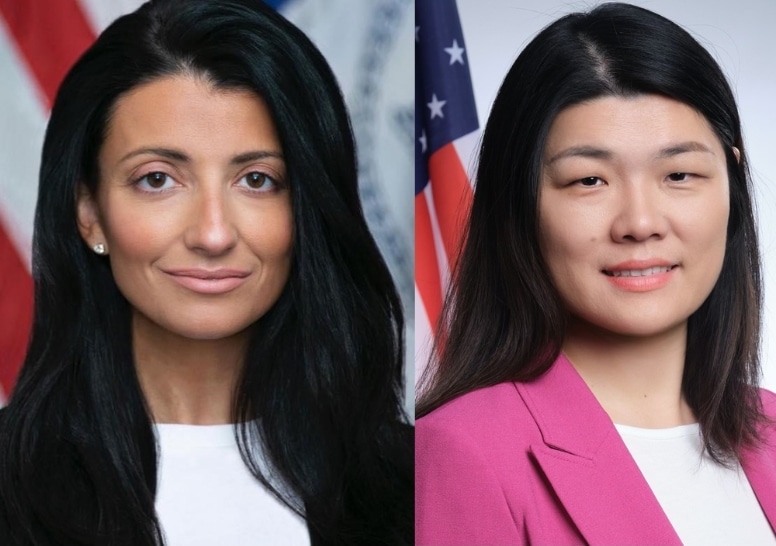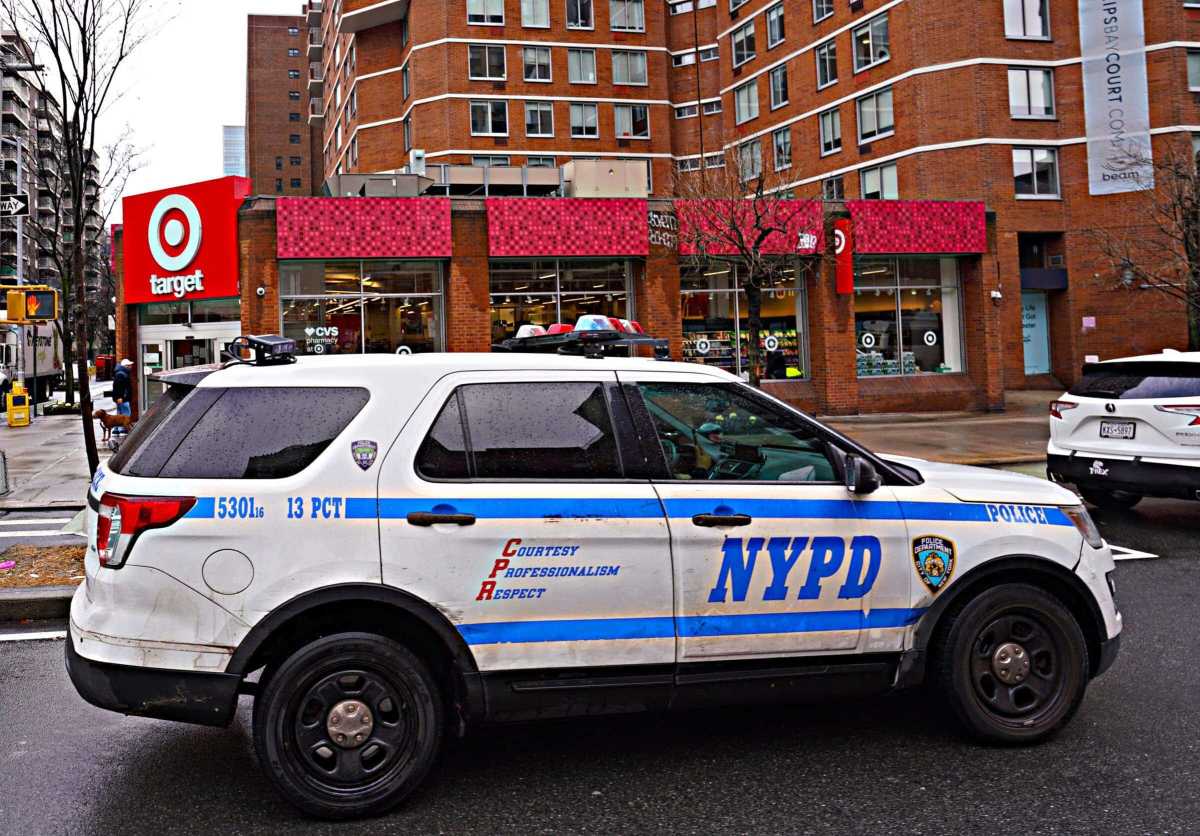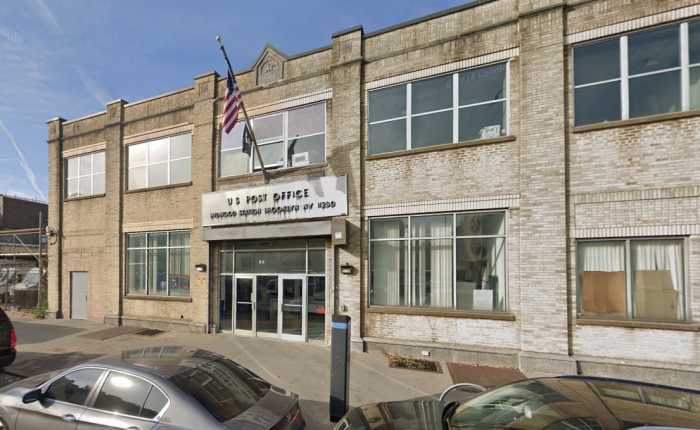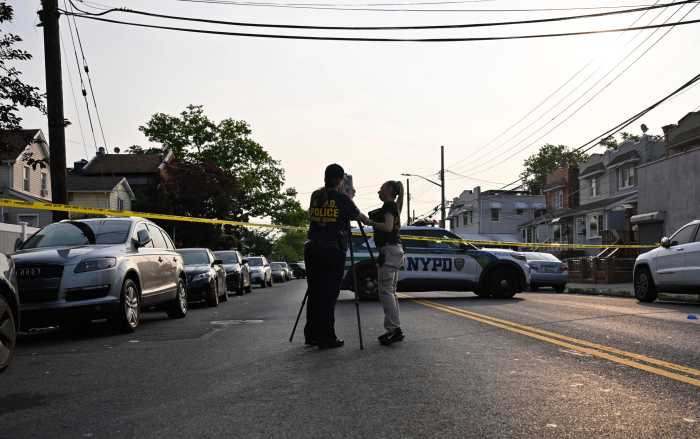Tomorrow, the New York City Council will rush through a vote to override Mayor Adams’ veto of Intro. 586, aka the “How Many Stops Act.” This bill will require police officers to document every investigative interaction they have with the public, of which there are approximately 3.2 million per year.
At a time when public safety is still a significant concern, further handcuffing our police is probably not the best idea in the world. Crime is still up from pre-pandemic levels, and proudly proclaiming New York as the “safest big city in the world” does nothing to ease the anxiety of New Yorkers – especially those in the Asian American and Jewish communities.
Ironically, in the name of “racial equity,” this bill will endanger these vulnerable communities the most.
In the last few years, Asian Americans and Jews have been subjected to unprecedented levels of discrimination, hate, and physical assaults. In 2021, hate crimes against Asian New Yorkers rose an alarming 361%, from 28 instances up to 129.
An AP-NORC/AAPI data poll shows 1 in 3 Asians and Pacific Islanders faced racial abuse in 2023. Hate crimes against Jewish New Yorkers, historically higher than every other group, saw a frightening uptick this past year. The city’s overall triple-digit increase in hate crimes, was fueled by a spike in anti-Jewish incidents since the massacre in Israel took place on Oct. 7, 2023.
According to October 2023 data released by the NYPD, 69 out of 101 hate crime incidents which the NYPD recorded were anti-Jewish incidents, up from 22 out of 45 incidents in October of 2022.
Common sense dictates that one of the best ways to combat hate crimes is through competent and effective policing, which includes responding swiftly to incidents.
Transparency in the police department is necessary — but policing can be neither competent nor effective nor swift if we consistently overburden officers with completing forms, whether online or on paper.

Officers must be laser-focused on getting criminals off the streets. Even if documenting every investigative interaction takes 30 seconds each (and it absolutely does not), that sliver of time can be the difference between life and death for a crime victim.
According to experts, detailing the demographics of ordinary stops adds no value to police accountability and is detrimental and counterproductive to community policing. This bill is simply another way to “defund, dismantle, and demoralize the police” through other means.
But the emotional arguments and manipulation of the public will continue. And why would it not? Spreading false racial narratives and pandering to the radical left has worked quite well in the past.
While many Council Members may actually disagree with the contents of the bill, the overwhelming majority of the council is currently on board with overriding the Mayor’s veto tomorrow. Because, politics.
Over the weekend, the Mayor invited Council Members to a NYPD ride-along to see the state of our streets for themselves and demonstrate how much the “How Many Stops Act” will frustrate the daily work towards public safety — drowning them in documenting protocols that serve no public safety purpose. Many took photos, but how many of them will change their minds?
Most politicians have never spent a day in the shoes of a police officer, but our mayor has. Mayor Adams served in uniform on our streets and put his life on the line for the safety of his fellow New Yorkers for over 20 years. We should respect and defer to that experience rather than pursue narrow ideological agendas and play politics with people’s lives.
Government transparency must be balanced with the realities of the very difficult, and very dangerous job of keeping our streets and communities safe. Politicians should not be given broad authority to dictate policy that so negatively impacts public safety without any accountably from their constituents.
The consequences of this feel-good and emotionally driven agenda betrays our most vulnerable communities, makes our city less safe and, in the end, won’t actually “feel very good.”
City Council Members Inna Vernikov (R) and Susan Zhuang (D) represent areas of Brooklyn.





































